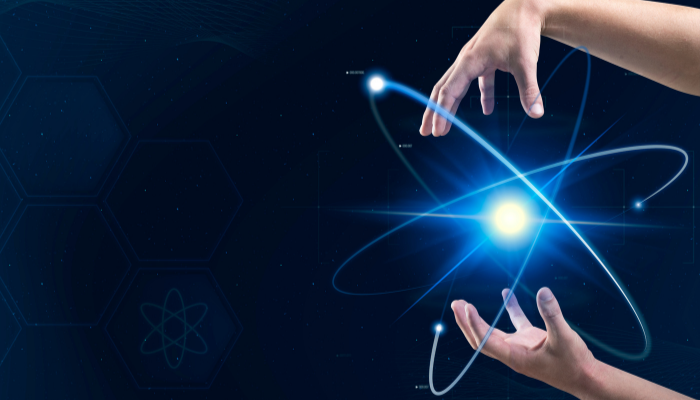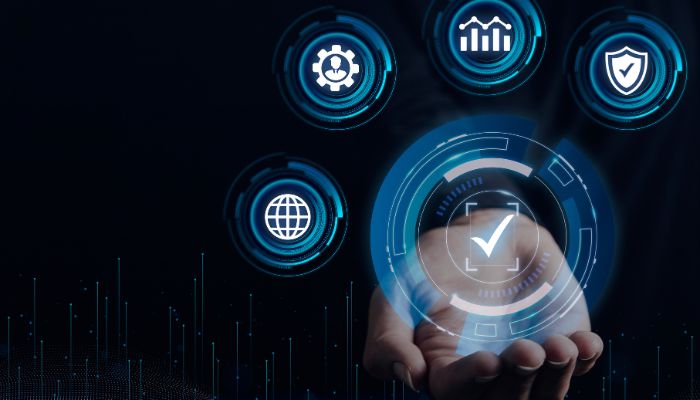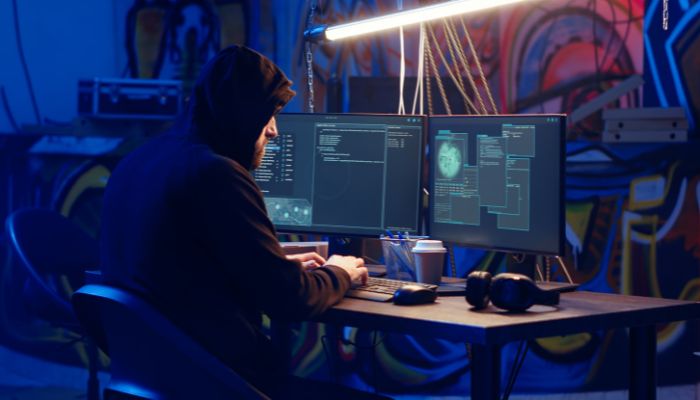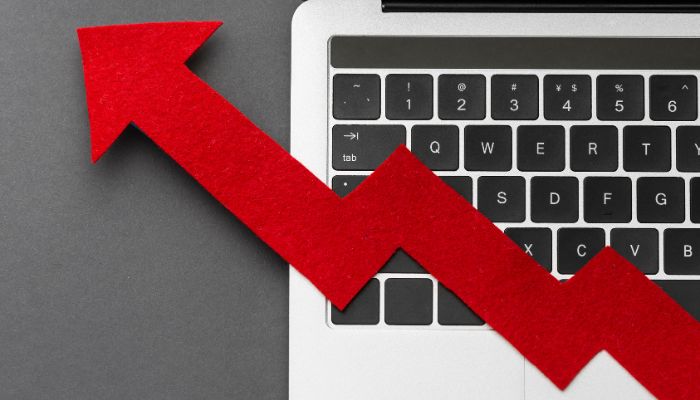Key points:
AI integration into the workplace is inevitable
It will create millions of jobs across the world but will kill some job roles
Adopting AI technologies means better productivity, streamlined processes, and improved bottom line
We all have been listening to how artificial intelligence will transform our lives for decades. But today, we are surrounded by it, even though we have little or no idea about it. You may even be interacting with it in your daily life without realizing it (Hey, Alexa).
Many people conjure up an image of robots or sci-fi dystopias whenever AI is talked about. That may be the case in a few hundred years, but today’s AI is pretty different. Instead of taking over our lives, as most people fear what will happen in the future, it helps us in many ways, making our lives a little easier, to say the least. From your Google search results to the way you shop online to how you find online data, it makes everything a breeze for you.
AI opens up another world for businesses, unleashing their full potential and fueling their growth exponentially. This is why, perhaps, AI integration in business processes has grown by 270% in the last four years, says statistics. But what is the impact of artificial intelligence in the workplace in future? Will it make human workers obsolete? This is one of the pressing questions that has kept many geniuses scratching their head, for the answer isn’t simple.
You might also be interested to read: HR’s Role In Building A Workforce For Digital Future
Before we delve into what AI will mean for the future of the workplace, let’s first understand what exactly AI is.
Britannica defines AI as “the ability of a digital computer or computer-controlled robot to perform tasks commonly associated with intelligent beings.” This means that any advancement in computing, technology, or system that solves or performs tasks that otherwise require reasoning associated with human intelligence, including learning from past processes, can be considered AI. Machine Learning is an example of AI, which processes data and improves every time data is fed to it.
Artificial Intelligence in the workplace
Artificial Intelligence in the workplace has already impacted workers, organizations, and the global economy. And by 2030, it is expected to bring about some major shifts in labor supply and demand, reveals a BCG report. The demand for technical talent will rise. For instance, there will be approximately six million job roles that require computer science and mathematics expertise in the U.S. alone. So, robots are not coming for your jobs; they may instead offer you more.
However, there are areas where AI seems a better fit than human workers. Chatbots are a shining example. They have eliminated the need for hiring hundreds of customer care representatives. They can help customers navigate minor issues, make shopping easier for them, solve their queries, guide them through products and services, and do much more. Instead of recruiting hundreds of customer representatives, businesses can do with limited staff.
Like chatbots, AI-enabled virtual assistants are used in healthcare that minimizes unnecessary hospital visits for patients and caretakers. Similarly, many other industries have benefited from such AI technologies, but there’s a price to pay: some job roles are becoming obsolete.
However, there’s a silver lining here: as AI eats up some job roles, it also creates newer ones. The only downside is that employees need to upskill to fill those roles. Besides, AI will never, in all likelihood, replace human creativity.
AI and the physical workplace
AI has already transformed the physical workplace, especially those involved in manufacturing, designing, and retail. Take automobiles, for instance. AI-driven robotic arms have replaced human arms. Banks and other financial institutions have started integrating AI-driven algorithms in their workflows to automate data processing and meet their customers’ unique needs.
To wrap it up, it’s too soon to tell whether AI will negatively impact the future of work or transform it into something the world has never expected. But one thing is certain: Artificial Intelligence in the workplace will be commonplace sooner or later.
Reference: The Future Is Here: The Evolution and Implications of AI in the Workplace | Toolbox | Ofer Karp | January 12, 2022
You might also be interested to read:






